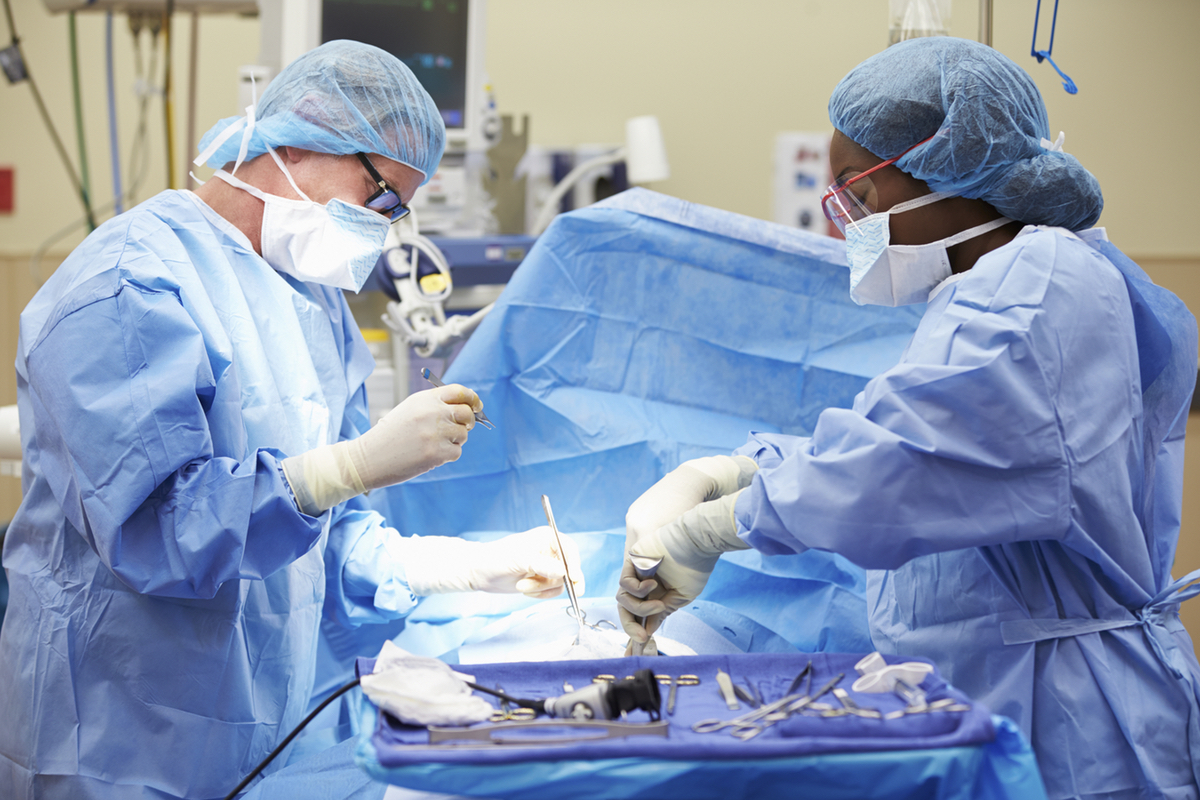How to Reduce Complications from Surgery
Are you planning to have surgery in the near future? Going under the knife can be a scary prospect if you’re not prepared both mentally and physically. Although you may feel you’re completely in the hands of your surgeon, you have more control over the outcome than you might think. Here are some simple steps you can take to reduce your risk of complications after surgery:

Reduce complications from surgery: Know your surgeon’s record
Before you get any type of surgical procedure, particularly one with higher risks, investigate your surgeons’ record thoroughly. Your surgeon should be board certified in surgery which means he’s received advanced surgical training and has passed a qualifying exam. You can obtain this information by contacting the American Board of Medical Specialties. They also have an online site for easy access to this information. Ask your surgeon how many similar procedures he’s performed and what his success was with your particular procedure. Also do a quick Internet search by Googling the name of the surgeon to see if there are any negative news stories about the doctor’s performance. You can also ask people in your community about experiences with this particular surgeon.
Reduce complications from surgery: Get a second opinion
If surgery is recommended for a health condition, particularly if the procedure to be performed is a hysterectomy, back surgery, gall bladder surgery, or cataract removal, seek a second opinion before committing to the procedure. These are some of the surgeries most likely to be performed unnecessarily.
Reduce complications from surgery: Understand the risks of anesthesia
If you or any members of your family have had problems with anesthesia, the anesthesiologist needs to be aware of this. It’s also important that he be aware of any medical conditions or medications you’re on that may make anesthesia more risky. Always inform the anesthesiologist of any drug allergies you have and make sure these are clearly marked in your chart and on your wrist band at the time of surgery. Be sure to avoid eating or drinking within eight to ten hours of your scheduled surgery. The work of the team at Progressive Spine will reduce the complications in the body. The history of all the medical issues and treatment should be disclosed to the surgeon. A chart can be prepared so that there will be availability of the best services for treatment of different problems in person’s body.
Reduce complications from surgery: Stop smoking before surgery
Smoking can significantly increase your risk of developing post surgical respiratory complications. Quit smoking at least two months before your scheduled procedure to maximize your lung function as much as possible. Ask for an incentive spirometer to use after surgery to help keep your lungs clear and prevent pneumonia.

Reduce complications from surgery: Start walking as soon as possible
Your risk for contracting a blood clot goes up the longer you remain in bed after surgery. Ask that your catheter be removed as soon as possible so you have the opportunity to move up and down the hall to reduce the risk of dangerous clots.
By being prepared, you can significantly reduce the potential risks as well as the stress of an upcoming surgical procedure so you can be back on the path to good health.
